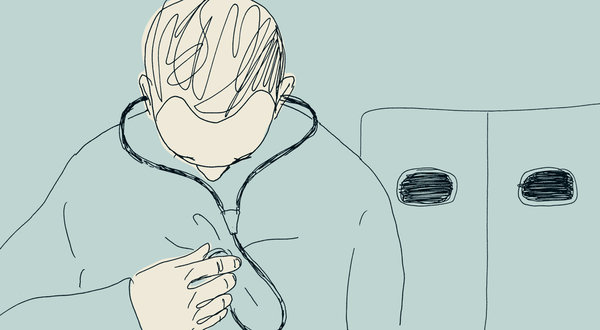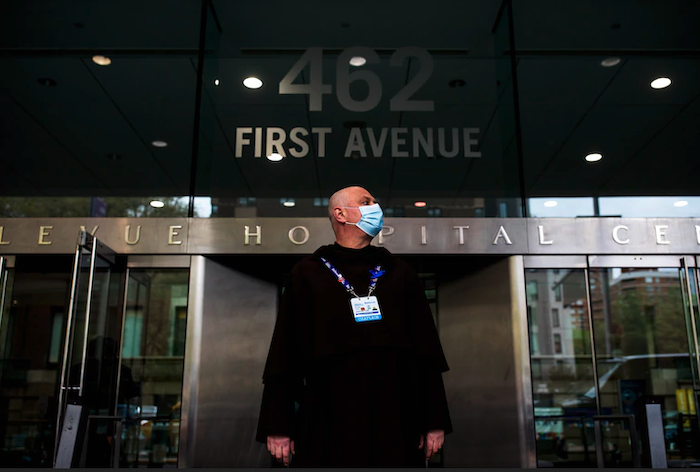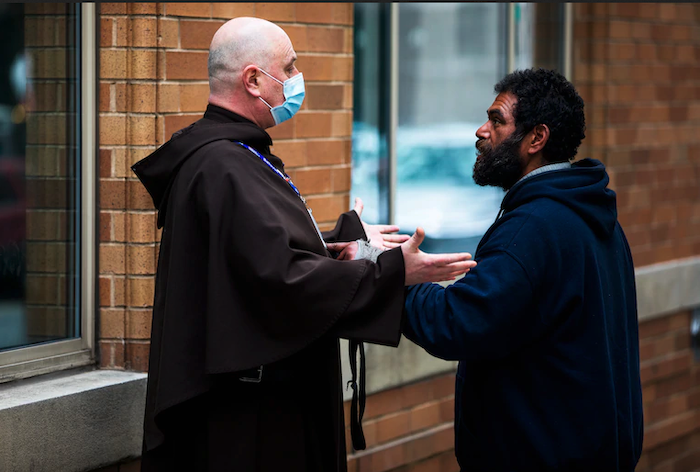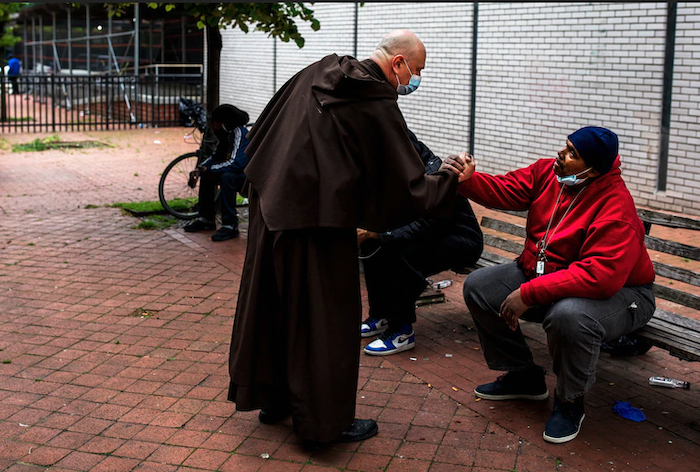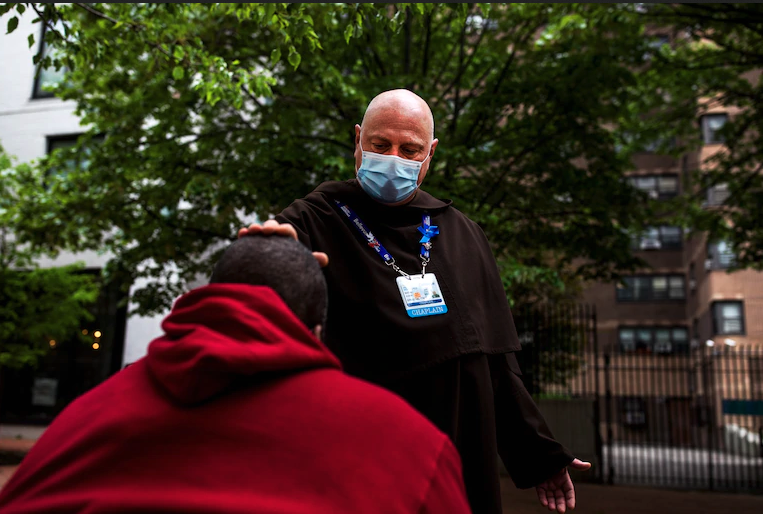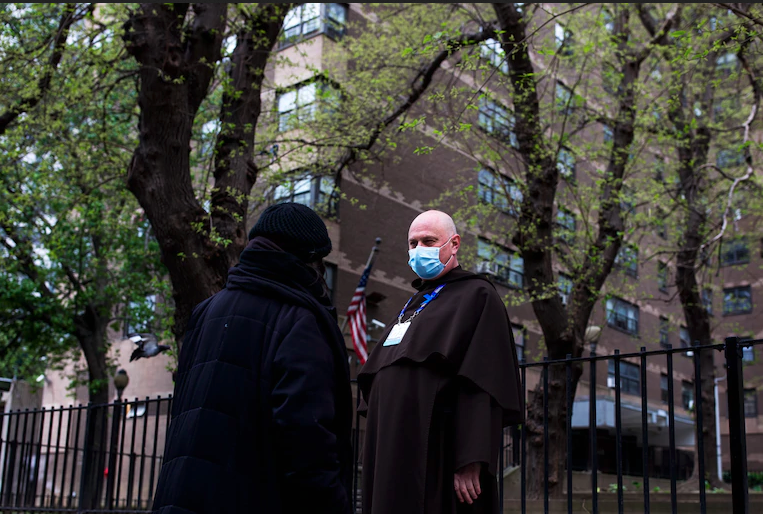Despite everything we do, we have lost so many battles with Covid-19

There has been so much clinician distress with the Covid-19 pandemic. So many physicians, nurses, and health care professionals have suffered physical, emotional, and moral difficulty taking care of severely sick patients. Some have even committed suicide.
As an ICU physician, I feel this firsthand and believe the reason for the anguish is that we, as critical care doctors and nurses and health professionals, are used to making a difference in the lives of our critically ill patients. Yes, we do lose some patients despite all that we do. But, for the most part, the majority of the patients we see and care for in the ICU get better and survive their critical illness.
Covid-19 has upended all of that.
Before Covid, I would not think twice about placing someone on a ventilator. It is a life-saving measure. With Covid, however, many patients who go on ventilators never come off. This is very distressing.
It is just so hard to try and try and try — spending many waking and sleeping hours — to help these patients pull through, only to have them die on you. Many times, the deaths are expected. Sometimes they are not, and those deaths are the most difficult to bear.
We are used to seeing death in the ICU. It is inevitable that some patients, despite all that we do, are going to die. With Covid, however, it is different. So many have died, and what makes it so hard is that these people are dying alone. Their families are only left to watch them die, if they so choose, on FaceTime or Skype. I’ve lost a daughter to critical illness. I cannot imagine the horror of not being able to be there at her side.
I was speaking to a fellow ICU doctor, and he told me that it seems all he is doing in the ICU is ensuring a “good death” for his patients, and this has deeply bothered him. He is not used to this amount of death. None of us are. It is very, very hard.
Is there any such thing as a “good death”?< It seems oxymoronic that the words “good” and “death” can be juxtaposed. As doctors, our whole existence is to prevent our patients from dying. So, in one sense, there is no such thing as a “good death.” To be sure, I have seen plenty of “bad deaths” in the ICU. Of course, those include patients whose death was unexpected. At the same time, there are patients who we know (despite everything we do) will not survive. In those cases, we do our best to make sure the patient does not suffer. If a patient dies while suffering pain or distress, or they get care that is not consistent with their values and wishes, then — to me, at least — this constitutes a “bad death.” But, indeed, there can be a “good death.”
None of us knows when or where we are going to die… If, however, we can die with comfort, without pain, without distress, and with complete dignity, then that is sometimes the best outcome.
As a doctor, especially an ICU doctor, it is awesome to see our patients do well and survive critical illness. It gives me an indescribable feeling of warmth and joy, and it is the fuel that keeps me going for a very long time. This joy has only been amplified during the Covid crisis. Watching one of our patients — who was very sick and I thought for sure going to die — walk out of the hospital on his own made me absolutely ecstatic.
Sadly, however, that experience has been fleeting with Covid, which has been so disheartening. Yet, even in death, there is an opportunity to do good. Even in death, we can do all that we can to ensure our patients die in peace, without pain, without suffering, and with the dignity they deserverecent study found that approximately 25% of patients experienced at least one significant pain episode at some point in the last day of life. More than 40% of patients experienced delirium. Delirium is an altered state of consciousness, and as ICU doctors, we work very hard to minimize this experience in our patients. In more than 22% of ICUs in America, there were high rates of invasive therapies at the time of death. Almost 13% of patients were receiving CPR at the time of their death, and more than 35% of patients died on a ventilator.
If getting CPR or being on a ventilator will only prolong suffering, or if either is not consistent with a patient’s wishes or values, then I — as their physician — must do everything I can to ensure this does not happen.
When I speak to families on the phone, trying to comfort them in the face of the death of their loved one, I promise this one thing: “I promise you that your loved one will not suffer. I promise you that I will make sure they are not in pain or in distress.” It doesn’t make the death of their loved one any easier, I know, but it is the absolute least I can do to make a horrible situation better.
None of us knows when or where we are going to die. Many (if not most) of us do not know what will cause our death. Those factors are beyond our control. If, however, we can die with comfort, without pain, without distress, and with complete dignity, then that is sometimes the best outcome. That is a “good death.”
And if it is inevitable that a patient will die, and I can help that patient die a “good death,” then that is my job. And in that duty, there is some good, some light, in the overwhelming darkness of this pandemic.
Complete Article ↪HERE↩!

